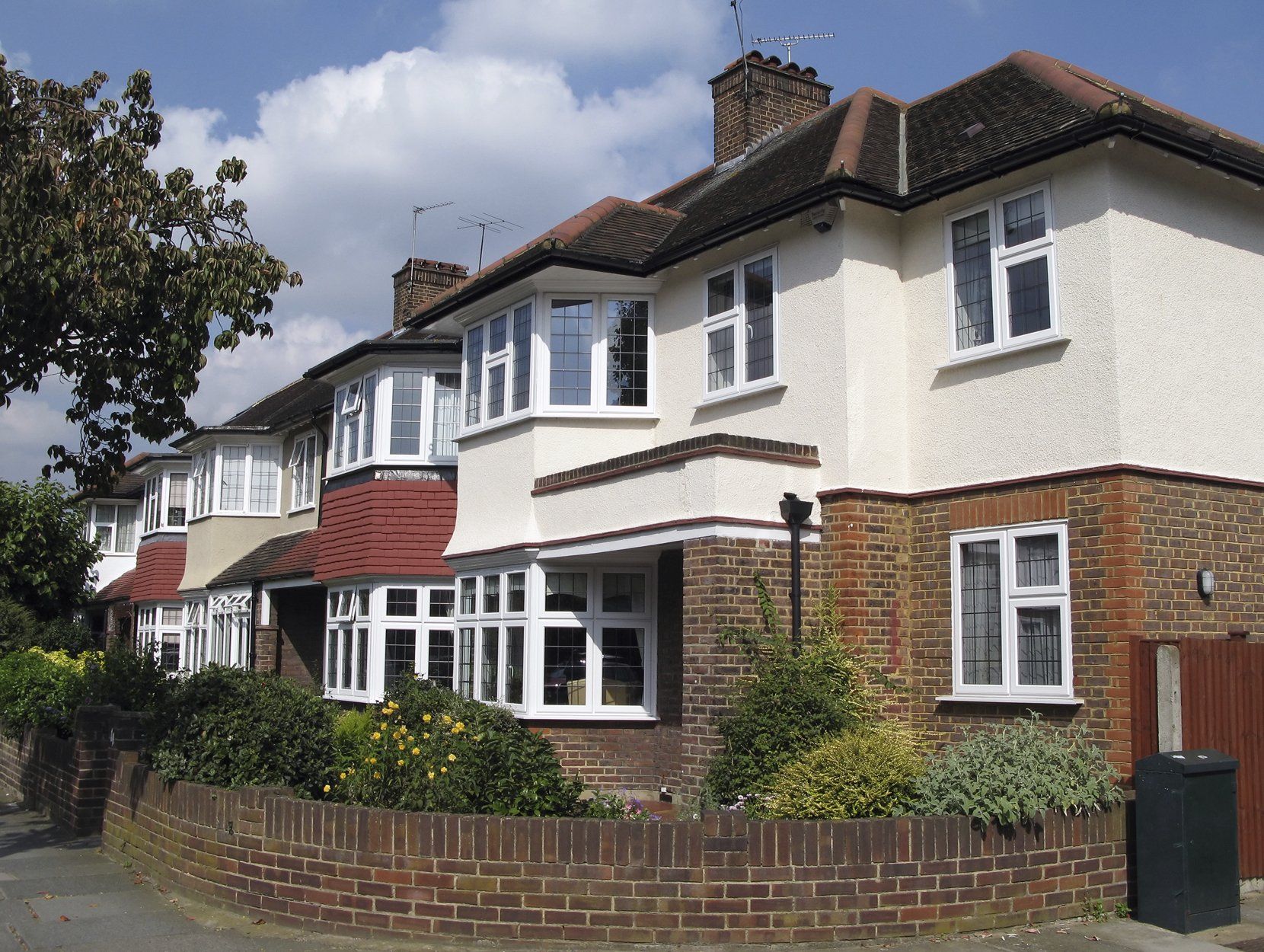How to make a formal complaint to your landlord

Reporting the problem to the right person and in the right way may assist in resolving the issue without the need for making a formal complaint. However, If you are unhappy with the service you are receiving from your social housing provider, you can make a formal complaint.
If a problem is urgent, it is more important to let the landlord know of the issue immediately, for example, a burst pipe. In this case, a phone call is the most effective way to let the landlord know. Always keep a note of what you said, the date and time, and any response the landlord gave.
Your complaint could be about:
- Repairs and maintenance
- Issues with communal areas
- Health and safety issues
- Anti-social behaviour
- Customer service
You should make your complaint to your social housing provider in the first instance. You shouldn’t be penalised for doing so and it will not affect your tenancy.
Your social housing provider normally has two stages to their complaint’s procedure, and each stage takes around 10-20 working days for them to respond.
If you are writing a letter of complaint rather than completing your landlord's complaint form address this to the chief executive or the complaints department and make sure that you include a heading stating that the letter is a formal complaint.
Give the landlord time to respond - under its policy the landlord is expected to respond to you within a certain period of time. The complaints policy should treat people fairly. It should therefore give you some ideas as to how your complaint will be dealt with, by which type of staff and over what period.
Keep copies of everything, including any responses you receive whether it is a letter or just a note of a phone conversation with your landlord about your complaint. It is important to keep a record of your report or request for a service, so emailing or writing a letter to report a problem or make an enquiry is often the best way to contact the landlord. Make sure you keep a copy so that you can refer back to this if necessary.
Be clear and be brief. Explain why you are unhappy with how your landlord has handled the original issue you reported and what you would like the landlord to do to put things right. We recommend that your letter or email is now longer than a side of A4 paper. More detail can always be provided later. We have a suggested format for a complaint letter below.
Example letter:
Your name
Your address
Your telephone number/email
Landlord Name
Landlord's address
DATE
RE: Formal complaint
Dear Mr/Ms ...
I am writing to make a formal complaint about:
- Summarise the original problem. Be as clear as you can. It is best to make it short and to the point.
- Explain why you are dissatisfied (list what you think wasn't done properly when the landlord responded)
- Explain what impact this has had on you.
In my view you should ... (explain what you think the landlord should do to put things right. For example - apologise, complete repairs, explain something more clearly).
Please confirm that you have received this complaint and when you will be able to provide a full response. I prefer to be contacted by email/phone/letter.
Yours sincerely
(Your name)
END
-----------------
If your property is affected by disrepair and your Council or Housing Association have failed to complete the repairs within a reasonable period despite continuous complaints exceeding 3 months (or 12 weeks), you are able to commence a Housing Disrepair Claim.
Here at MLA Solicitors, we guarantee to get those repairs fixed, and claim compensation on your behalf for the stress and inconvenience caused.
For a free, no-obligation call, please contact us on 0800 610 2223 and one of our representatives will help you. We can arrange either a telephone, video call or in person conversation.
Contact Us
We will get back to you as soon as possible.
Please try again later.







PLEASE NOTE: MLA Solicitors operates a zero-tolerance policy at all times. With this, any behavior our employees deem abusive, harassing or intimidating in any way (whether written, verbal or otherwise) and that is incurred from clients at any stage in their claim will result in their retainer being cancelled indefinitely and with immediate effect.

MLA Solicitors' Complaints Process
If you become unhappy or concerned about our services, we have included details of our complaints process here.
Business Hours
- Mon - Fri
- -
- Sat - Sun
- Closed
t:
0161 713 0399
e: info@mlasolicitors.co.uk


